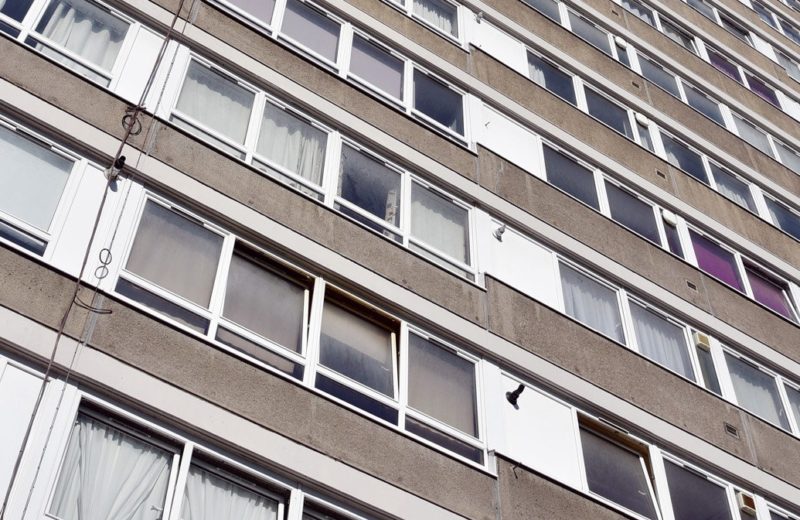Thangam Debbonaire
MP for Bristol West
Shadow Secretary of State for Culture, Media and Sport

There is still no end in sight to the ‘cladding scandal’, despite new laws going through Parliament intended to fix fire safety problems.
Yesterday, we MPs voted on the Building Safety Bill, legislation that was supposed to resolve fire safety problems that have caused years of misery, high costs and uncertainty for thousands living in flats. Sadly, this law once again falls short.
Ministers have repeatedly promised to protect people from the costs of building safety defects that they did not cause. Labour has long campaigned for the government to uphold this commitment, including when I was Shadow Housing Secretary.
Yesterday we put forward amendments to the Building Safety Bill that would have fixed some of the gaping holes in this legislation. Once again, these plans were voted out by the Tories. The legislation will now go to the House of Lords.
So what is in the Building Safety Bill?
This legislation establishes a Building Safety Regulator for buildings over 11 metres tall. It also outlines clear responsibilities for building safety at every stage of construction and management of a higher-risk building. It aims to create a ‘golden thread’ of information about the structural and fire safety risks of a building.
It also includes a framework for costs of remediation to be recovered from leaseholders. Before passing on these costs, building owners will have to explore alternative ways to meet these costs – and prove they have done so. And interestingly, the legislation increases the period that building owners can seek compensation for sub-standard construction work, from six to 15 years.
And what’s NOT in it?
Following a lot of pressure from Labour, other opposition parties and the brilliant campaigning of the Grenfell United group of survivors and bereaved people and by others affected by dangerous cladding and other building defects, this legislation as far as it goes is a positive step. Many elements of it are necessary. But for the thousands of people affected by this crisis, the Building Safety Bill will fall short of expectations.
For instance, there is nothing new for the significant numbers of leaseholders facing huge bills to fix non-cladding defects, a problem which is blocking progress for many of my constituents. And there is no help for thousands of leaseholders unable to sell because of the mortgage difficulties caused by the government’s handling of this crisis.
There is also missing detail on how this will work in practice. For example, the Bill proposes that developers will pay £4 billion for cladding removal in buildings under 18 metres tall (something I welcome; Labour has been pushing for this for some time) but it’s unclear how quickly developers will be asked to pay, and what measures the government will take if they refuse. It seems improbable that developers will cough up £4 billion voluntarily.
Too many victims of the building safety scandal are still paying the so-called ‘waking watch’. This is an often eye-watering monthly payment for a fire warden to patrol their building in case there is a fire – again, for a danger that residents never created but are still paying for. Whilst the government did say they were fixing this problem, the reality is too many people are still having to pay this cost.
What this government could do – and a Labour government would do
The government should immediately compel developers to start this process. Otherwise, this crisis will drag on indefinitely.
And if the Secretary of State is serious about doing the right thing, he needs to ensure leaseholders are fully protected in law from the costs of fixing all historic defects by amending the government’s Building Safety Bill.
Labour is calling on the government to establish a new Building Works Agency, to get a grip on the extent of this crisis and bring down spiralling costs. This would involve a team of building safety experts checking buildings block by block, identifying which works need doing, fixing, funding and crucially certifying them as safe and sellable at the end.
Four-and-a-half years after the Grenfell Tower disaster, leaseholders need to be able to move on with their lives. Unfortunately, this law leaves people in limbo once again.
If you are affected by this, please be assured I will keep pushing for justice and an end to this miserable situation.
